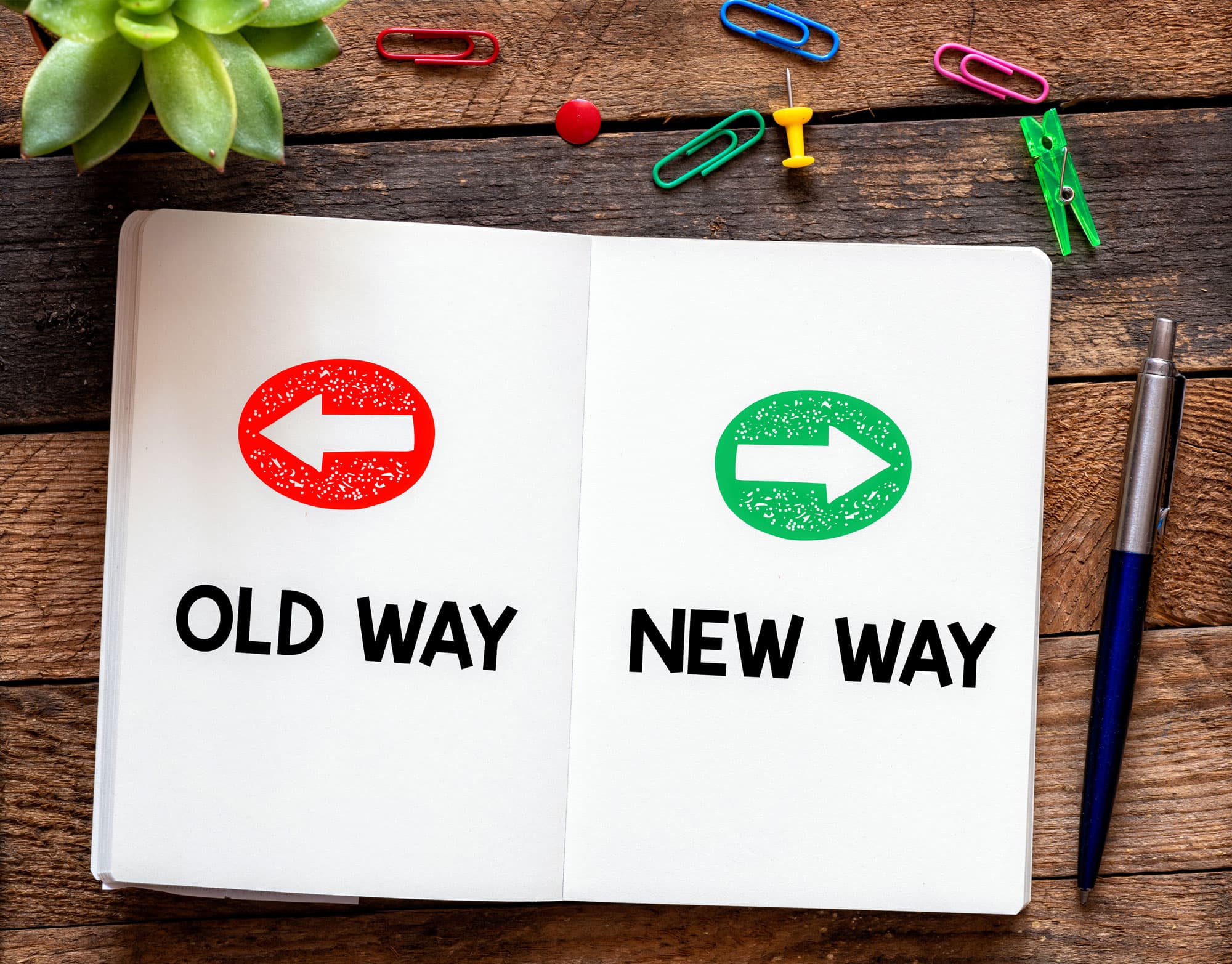How to Use AI in Today’s Travel Industry: A Practical Guide

AI transforms travel: enhancing customer experience, marketing, admin efficiency. Explore its impact and use.
By Nuitée team
Published August 21, 2023
Artificial Intelligence (AI) is reshaping the rapidly evolving travel industry. From enhancing customer experiences and streamlining marketing to increasing administrative efficiency, AI’s potential is vast. In this article we explore AI’s transformative impact on travel, its strengths and limitations, and how you can harness its capabilities for business optimization.
The modern travel industry is becoming increasingly complex and competitive. From customer service to operational efficiency, every aspect of the business demands innovation and adaptation. In this dynamic environment, AI has emerged as a transformative force, redefining traditional paradigms and creating new opportunities.
Whether it’s personalizing user experiences, streamlining marketing strategies, or enhancing decision-making processes, AI plays a pivotal role. Its potential, however, extends beyond these applications. This article delves into the various ways AI can optimize your travel business, the limitations you might encounter, and how to begin implementing AI in your business operations.
Demystifying AI and Machine Learning

Think of AI, or Artificial Intelligence, as a part of computer science that is all about creating smart machines. These machines can mimic human thinking, learn from experiences, adapt to new information, and do tasks we usually need humans for – like understanding spoken or written language, spotting patterns, and making choices.
Machine learning is a part of AI. It’s about using a set of rules (or algorithms) to sift through data, learn from it, and make forecasts or decisions. Rather than being told exactly what to do, these machines learn by spotting patterns and gaining insights from the data they handle.
Generative AI is another part of AI. It allows machines to create new and unique content, from articles and poems to music and even text that sounds like it was written by a person. This tech is the backbone of conversational AI platforms, like ChatGPT, which can chat with users in a way that’s remarkably similar to human conversation.
How Can AI Optimize Your Travel Business?
Whether you’re an online travel agency, bedbank, GDS, or a super app seeking to integrate a new travel vertical, the applications of AI in the travel industry are extensive and diverse. These range from enhancing the customer experience to augmenting marketing efforts and streamlining administrative decision-making processes.
In Customer Experience

Personalization: Machine learning can leverage data from user behavior and preferences to offer highly personalized experiences, such as recommending customized travel destinations or itineraries. Personalized recommendations are a key factor contributing to Airbnb’s success. Their system proposes destinations and activities tailored to travelers’ preferences and budget considerations. Instead of displaying generic, alphabetically sorted, or price-ranked results, envision presenting customers with suggestions derived from their prior site interactions and inputs. Sustainable travel continues to be a significant trend in 2023, and AI can also help eco-conscious travelers make better choices. Targeted suggestions can promote sustainable travel options, enhancing the visibility of environmentally friendly destinations.
Chatbots: These “virtual travel agents” can handle customer queries 24/7, offering immediate responses and freeing up human agents for more complex tasks. Travel chatbots can handle bookings, provide travel advice, and even manage complaints, enhancing the customer experience. Because of AI’s ability to analyze data in real-time, around the clock, your company could implement a chatbot to provide recommendations akin to a knowledgeable travel agent that’s always available, and boost bookings through your site.
In Marketing

AI is revolutionizing marketing in all industries, especially in fields like discoverability and SEO, and sentiment analysis.
Discoverability and SEO: Being easily discoverable is vital for online travel platforms. AI enhances this discoverability through effective Search Engine Optimization (SEO). Tools like SEMRush and Moz use AI to find the right keywords and improve site rankings. AI can also aid in generating relevant and engaging content. Services like ChatGPT coupled with a prompt generator, can create SEO-friendly content like blog posts or destination descriptions, making your site more visible and attractive to potential customers.
Sentiment Analysis: AI-powered social and web listening tools analyze online reviews and social media comments to understand customer sentiment. By interpreting these insights, businesses can gauge customer satisfaction, swiftly address concerns, and make necessary enhancements. This improves brand reputation and promotes positive word-of-mouth marketing.
In Administration & Decision Making

Within the bustling travel sector, customer service tasks can be daunting. AI serves as a time-saver, managing routine inquiries and enabling agents to tackle more complex issues.
Operational Efficiency: AI enhances various backend tasks, boosting efficiency and productivity. For instance, AI tools for business operations can automate repetitive tasks such as invoice processing, inventory management, minutes-taking, and scheduling, enabling teams to focus on more strategic tasks.
Trend prediction: AI interprets extensive data to yield actionable insights that inform decision-making. Harnessing this power needn’t strain your budget. Freely accessible tools such as Google’s Travel Insights can predict travel trends, equipping businesses to plan and strategize proactively.
Limitations of AI

While implementing AI solutions, certain limitations must be acknowledged:
Nonsensical output: Over-reliance on AI, and lack of human supervision, might trigger major inaccuracies, including ‘hallucinations’—situations where AI delivers incorrect or absurd outputs.
Privacy Concerns: Usage of AI inevitably involves customer data, leading to privacy concerns. The indiscriminate use and storage of customer information by AI systems can infringe upon individual privacy rights, creating the potential for misuse or exploitation of personal data.
Bias: AI and machine learning systems, being reliant on human inputs, can inadvertently amplify unjust and prejudiced practices. This can result in disparate treatment or outcomes for certain demographics or groups, hence magnifying societal disparities.
Lack of Current Awareness: Tools like ChatGPT, in its current state, remain unaware of any developments or content that have emerged post-2021. This is mainly due to the “knowledge cut-off” in its training, which can lead to a lack of relevance or applicability in an ever-evolving global context. A possible solution to this is by enhancing the quality of human instructions provided to the AI. This can result in superior and more topical content.
Addressing these limitations while leveraging the immense benefits of AI is a vital aspect of its effective deployment.
How to Start Using AI for Your Travel Business

Adopting AI in your travel business begins with identifying areas where AI can make the most impact, such as customer service, marketing, or backend processes. Then, it’s about finding the right AI solution that fits your business’s needs and budget.
A starting point could be integrating AI chatbots to manage customer inquiries. This not only elevates the customer experience but also liberates your human team to tackle more intricate tasks. Additionally, AI tools for marketing, advertising, content generation, and sentiment analysis warrant exploration. Within business operations, productivity-enhancing tools such as AI minute-takers are likely to be highly valued by your staff.
The Future of AI in Travel

The future of AI in travel is promising, with the potential to revolutionize every aspect of the industry. With the continuous evolution of AI capabilities, the advent of more visual and interactive user interfaces, and the rapid development of autonomous agents, the travel industry is set to transform dramatically.
As AI continues to evolve, we can expect the emergence of more intelligent and autonomous AI tools that can enhance travelers’ experiences even further. We might see AI platforms that can plan entire trips based on a traveler’s preferences, booking flights, hotels, and experiences in one single click. AI might even be able to predict travelers’ needs before they do, offering solutions and suggestions proactively.
However, as we move towards a more AI-driven future, it’s crucial for businesses to remember the importance of the human touch. While AI can handle many tasks more efficiently than humans, it cannot replicate the human ability to empathize, to understand complex emotions, or to provide a personal touch. The future of travel is likely to be a blend of high-tech AI solutions and high-touch human services.
Cupid’s machine-learning solution to hotel mapping
The influence of AI is not a concept of the distant future — it’s already here, shaping the travel industry as we speak.
The importance of accurate hotel mapping in online hotel booking cannot be overstated. Here at Cupid, we’ve harnessed the power of machine learning to redefine the traditionally laborious process of hotel mapping — the process of correlating hotel IDs from various distributors and hotels into a unique, singular identity. In the often convoluted world of online accommodation booking, Cupid brings a breath of fresh air, making operations smoother and simpler.
https://www.youtube.com/watch?v=MbA3kNNwY6Y
Our innovative approach removes the error-prone human factor often involved in other hotel mapping applications. We rely on machine learning to augment precision and coverage, significantly decreasing the odds of duplicate listings and missing properties. This not only optimizes your customer experience but also enhances your business outcomes. Are you prepared to embrace hotel mapping with Cupid? Let’s discover the potential of our machine learning solution together.